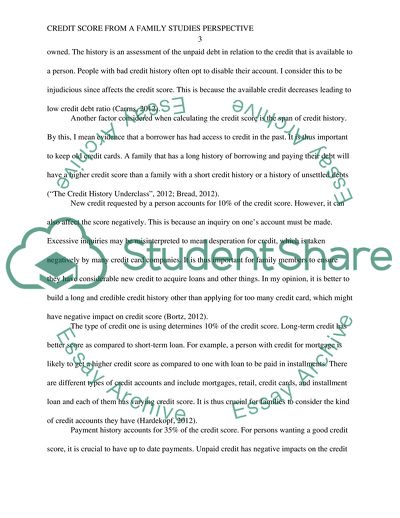Cite this document
(Credit Score from a Family Studies Perspective Coursework, n.d.)
Credit Score from a Family Studies Perspective Coursework. https://studentshare.org/finance-accounting/1783646-credit-laws-the-family
Credit Score from a Family Studies Perspective Coursework. https://studentshare.org/finance-accounting/1783646-credit-laws-the-family
(Credit Score from a Family Studies Perspective Coursework)
Credit Score from a Family Studies Perspective Coursework. https://studentshare.org/finance-accounting/1783646-credit-laws-the-family.
Credit Score from a Family Studies Perspective Coursework. https://studentshare.org/finance-accounting/1783646-credit-laws-the-family.
“Credit Score from a Family Studies Perspective Coursework”. https://studentshare.org/finance-accounting/1783646-credit-laws-the-family.


